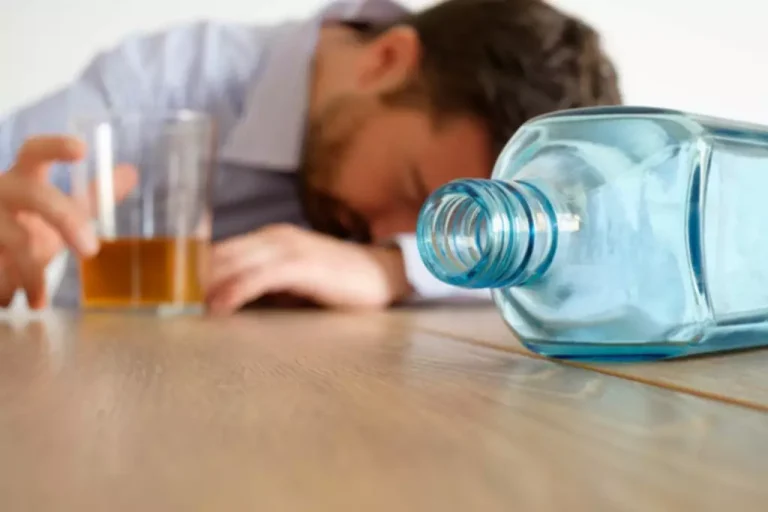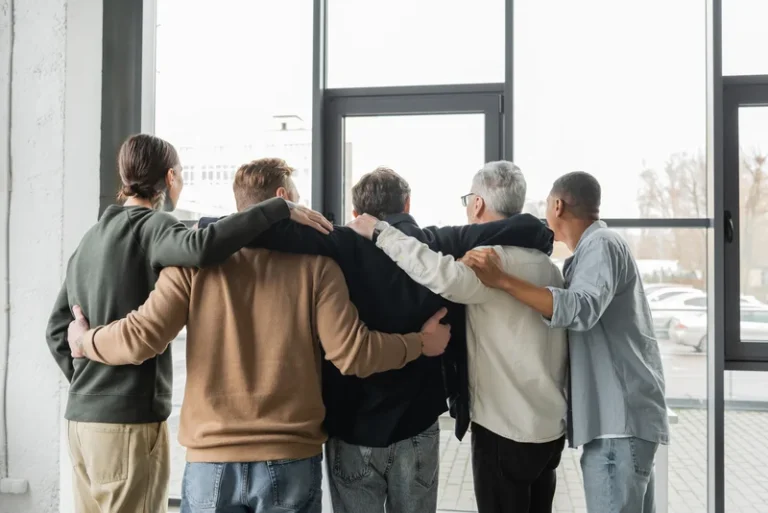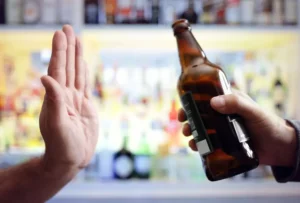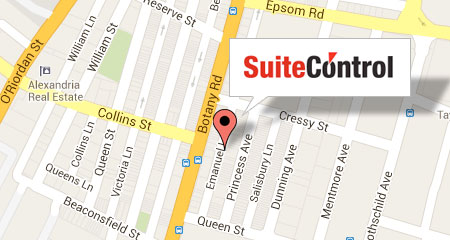Internal vs External Relapse Triggers

It is essential to keep in mind that while many triggers result from negative events or experiences, positive events or experiences can also trigger a relapse. When you are exposed to a potential trigger, the cravings will pass within a few hours if you resist the urge to relapse. Having a plan to get through times when your cravings are triggered will be very helpful in avoiding a relapse. If you are starting to consider relapse, you may find that you are exposing yourself to possible triggers, even subconsciously.
Stress Triggers Relapse
Former drug or alcohol users are in denial during emotional relapse, but they do not have thoughts of using. They are ashamed of the last time they relapsed and may have developed negative behaviors to cope with their thoughts. This state of mind https://ecosoberhouse.com/article/top-10-substance-abuse-group-activities/ is dangerous because it encourages bad health practices that can eventually lead to a full-blown relapse. For those struggling with substance abuse and addiction, it isn’t uncommon for the affected person to return to alcohol or drug use.
Have You Ever Experienced Any Of These Relapse Triggers In Your Life
People at risk of a relapse should avoid stressful situations that are likely to push them to use drugs and alcohol. High-risk places remind former drug users of the times they engaged in substance use. Walking or driving through places where they used to drink or consume drugs can spark a memory connected to drug or alcohol use.
- Triggers are situations that can cause a person to react in an unwanted or unhealthy way.
- When an addicted person uses drugs or alcohol for a prolonged period of time, it changes the brain—eventually associating certain stimuli with the desire to drink or do drugs.
- Addiction relapse triggers in drug and alcohol abuse recovery are quickly becoming a major concern for inpatient and outpatient treatment addicts.
- A therapist can help you identify and cope with your PTSD triggers in a safe and supportive setting.
Identifying Your Triggers
Understanding these risk factors will help you to avoid the potential risk of relapse during or following recovery. A study from Marquette University pointed out that stress rendered people in recovery more vulnerable to other relapse triggers. Researchers followed the cocaine use patterns of stressed and unstressed rats and used a low dose of cocaine as a trigger. The stressed rats’ responses to the trigger mirrored those of people during relapse.
Managing Internal Triggers
Friends and family may not understand the consequences of negative behaviors toward people in recovery. These behaviors can make the individuals feel alienated and push them toward substance use. The client builds self-awareness by practicing these self-reflection questions. They also strengthen their coping skills to help manage harmful thoughts, emotions, and behaviors that come from feeling triggered. One of the biggest risks during drug recovery is that someone who is recovering from using a substance will relapse and begin taking that substance again. To avoid relapse, it is important to understand the risk factors and causes that typically lead to relapse.

Objects: Things That Can Trigger Relapse

External triggers are easier to identify and manage than internal ones. Substance abuse treatment aims to help individuals recognize the early warning signs of relapse and develop healthy coping skills to thwart a potential relapse. People closest to the individual may set off cravings that eventually lead to a relapse. It is perilous for a person in recovery to be around substance-using friends and family. Offering alcohol to a former addict may trigger feelings that urge the individual to use drugs. A trigger is social, psychological, and emotional situations and events that compel an addicted person to seek their substance of choice, eventually leading them to relapse.
A person can find alternative routes to avoid high-risk places, such as places where they used to meet their dealers or bars where they used to binge drink. Uplift Recovery Center provides you with recovery in a loving, professional environment. If you can find alternative routes to your next destination, try to map out your drive.
Negative Feelings Trigger Relapses
- A break in the routine may leave periods of isolation where patients may be inclined to use substances.
- After identifying triggers, your clients will be prompted to develop strategies to either avoid or cope with their triggers.
- A trigger is social, psychological, and emotional situations and events that compel an addicted person to seek their substance of choice, eventually leading them to relapse.
- Individuals may suffer from uncontrollable drug or alcohol cravings when exposed to certain cues.
- They are external factors or situations that remind one of past behaviors.
- Cocaine and several other illicit drugs also boost levels of dopamine.
When the client has completed the reflection questions, review the results with them. Reflect on what the client has learned about themselves and provide them with a copy of the worksheet for reference. Even though it may sometimes feel like PTSD symptoms internal and external triggers examples come out of the blue, PTSD symptoms rarely spontaneously occur. While some people may not understand your actions, over time they will have to learn how to respect your choices. Support the creation of new tools for the entire mental health community.
- Recognizing and managing triggers is crucial for anyone navigating the recovery process from addiction.
- Patients in rehab may consider skipping treatment sessions or support group meetings to spend time with their friends and family.
- Individuals often underestimate the dangers of situations and fall into the trap of single-time use.

Believe it or not, some of the closest people to you can trigger a relapse. While it is difficult to step away from friends, family, and loved ones; sometimes, you may have to keep them at an arm’s length. In the process, you will be able to better maintain your abstinence and find it easier for you to recover. Certain thoughts, feelings, or situations can bring up uncomfortable PTSD symptoms, such as memories of a traumatic event or feeling on edge and anxious.









